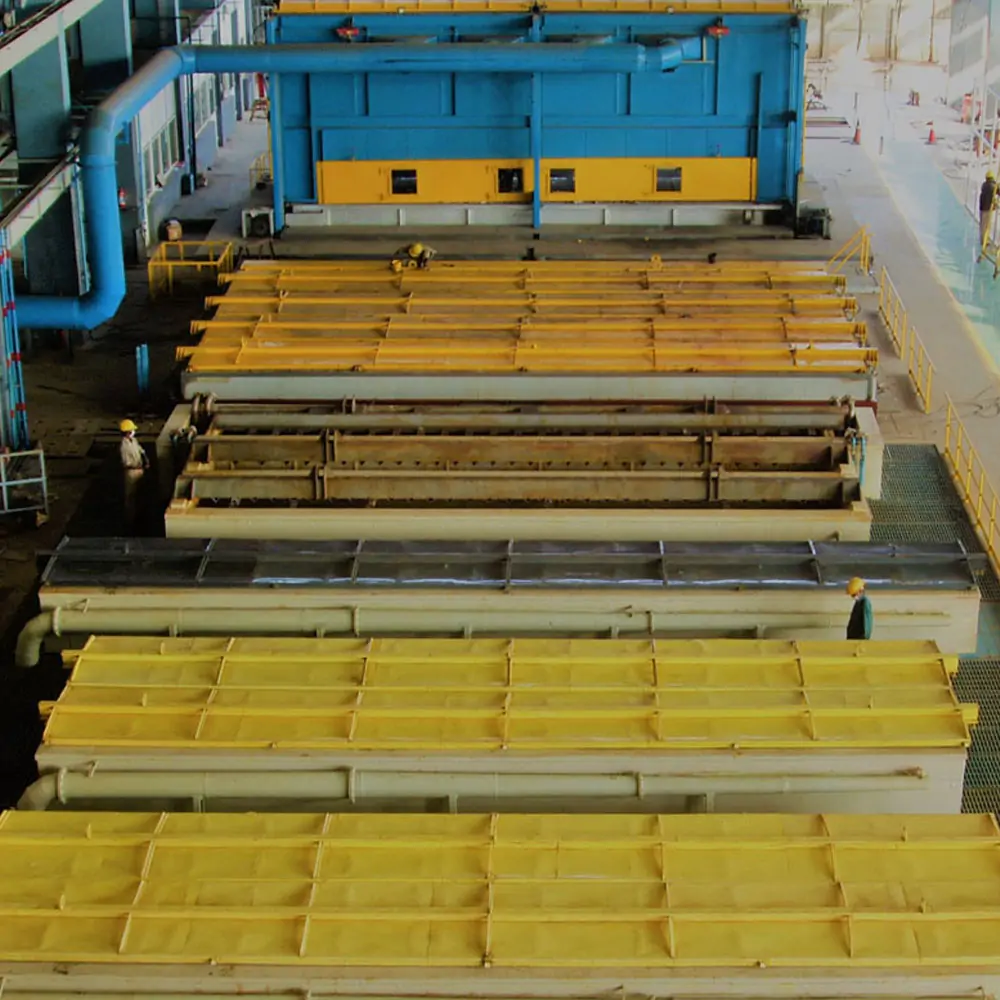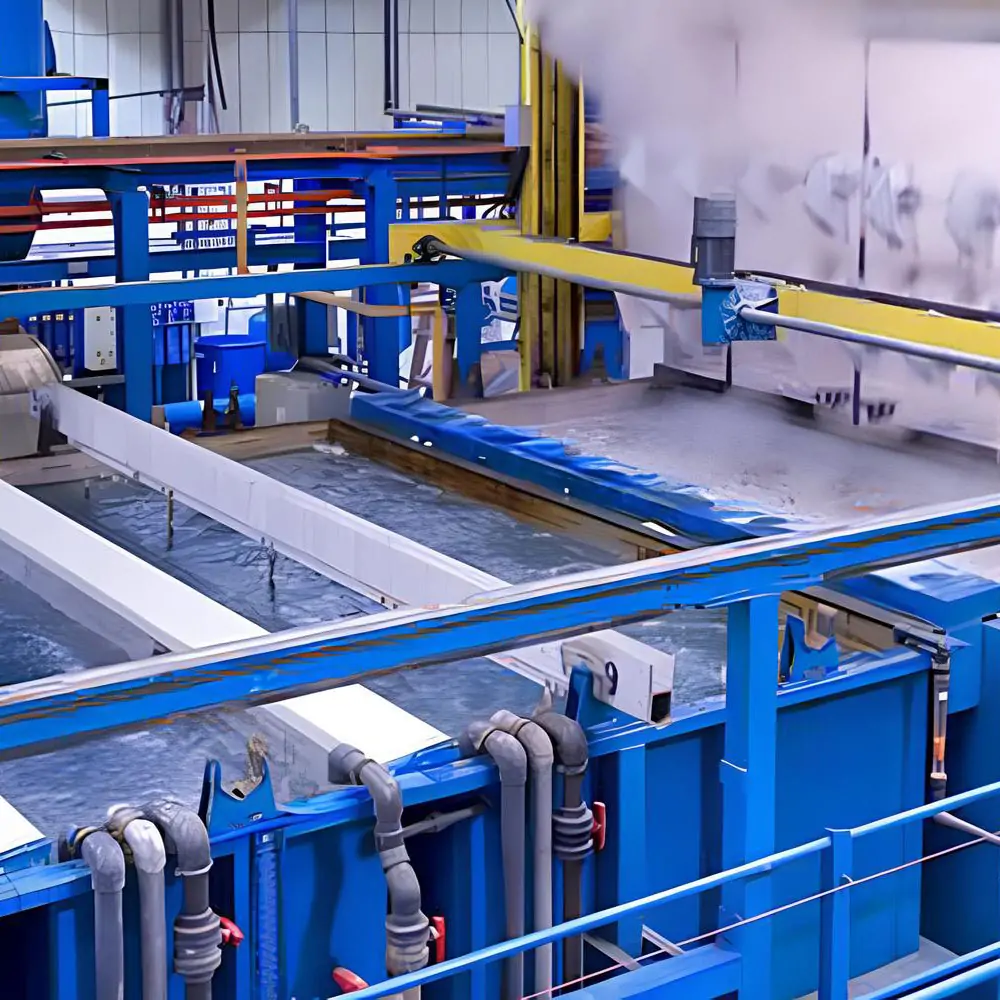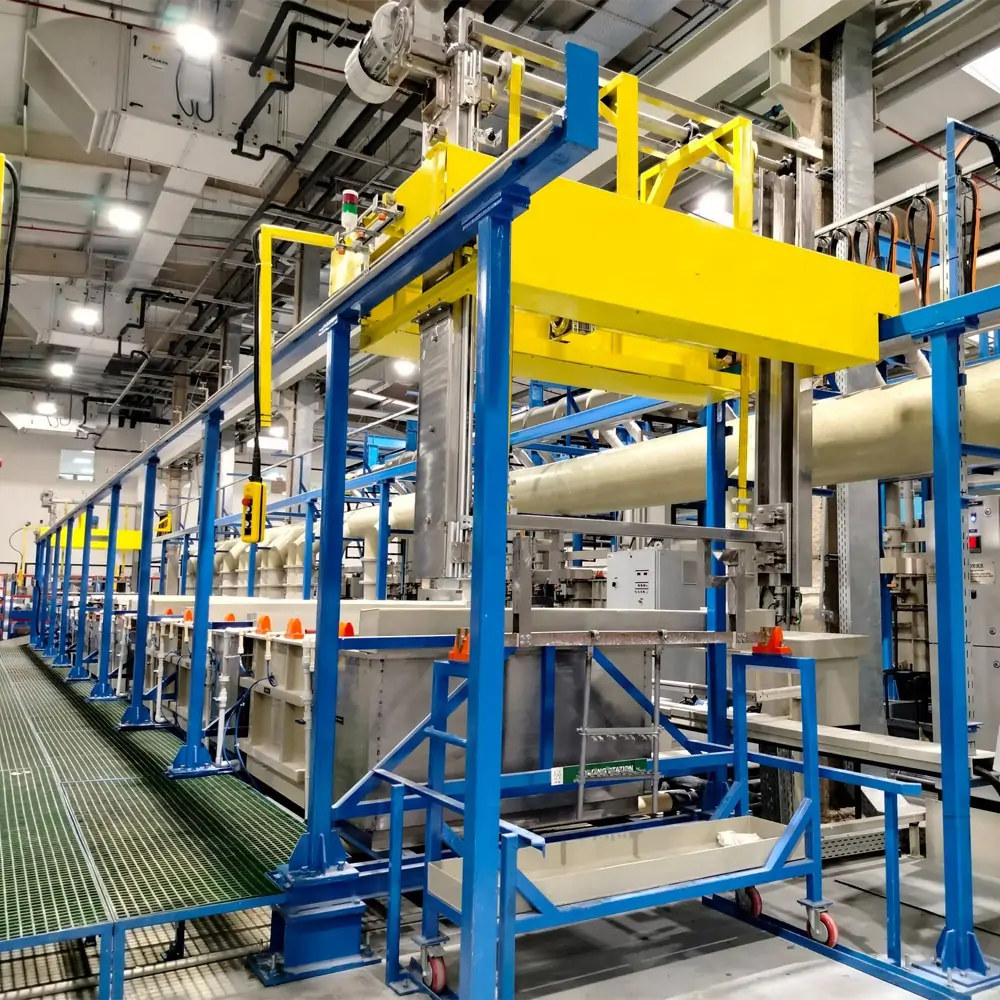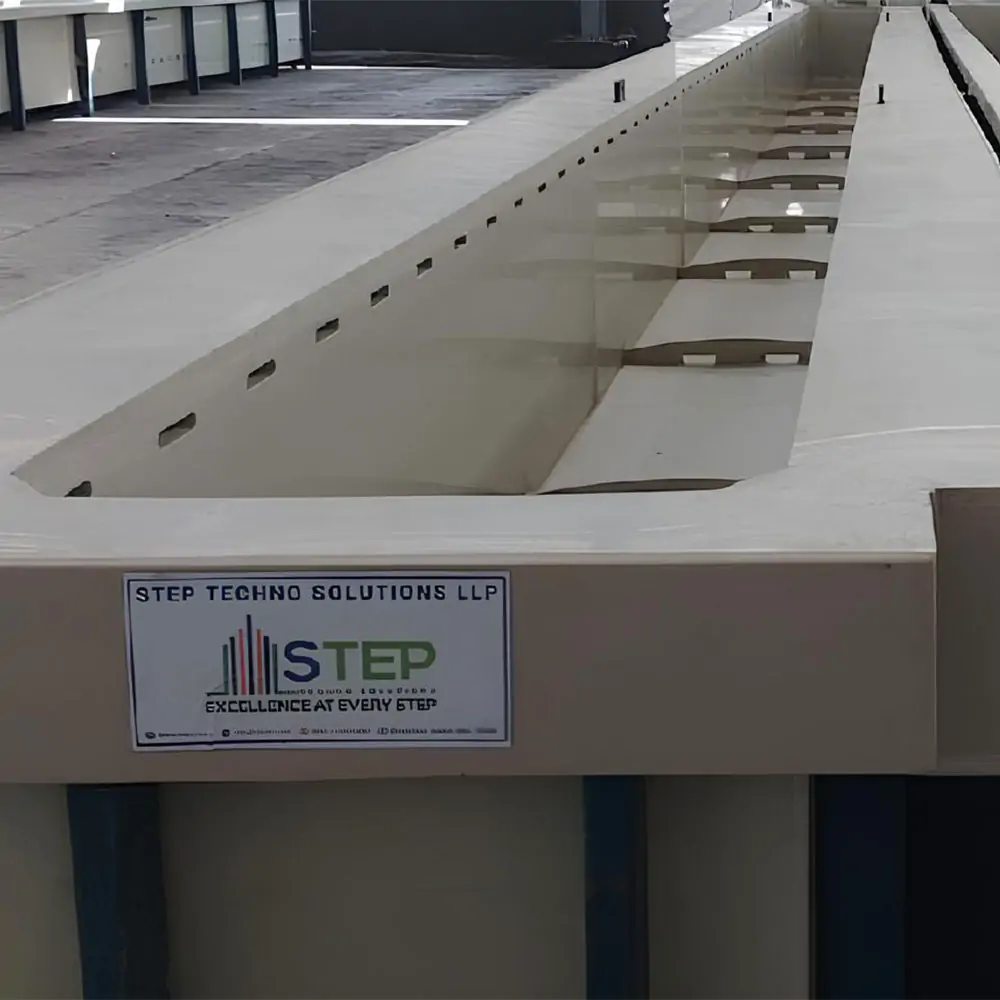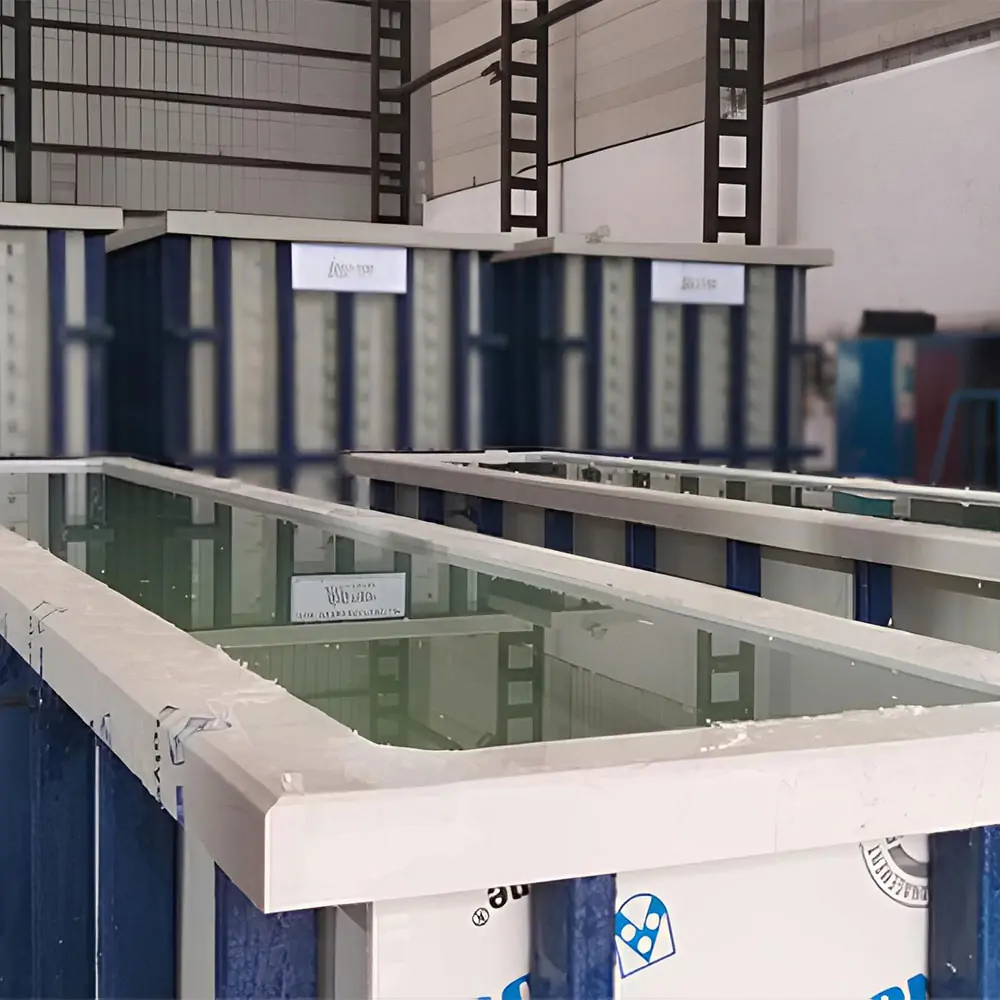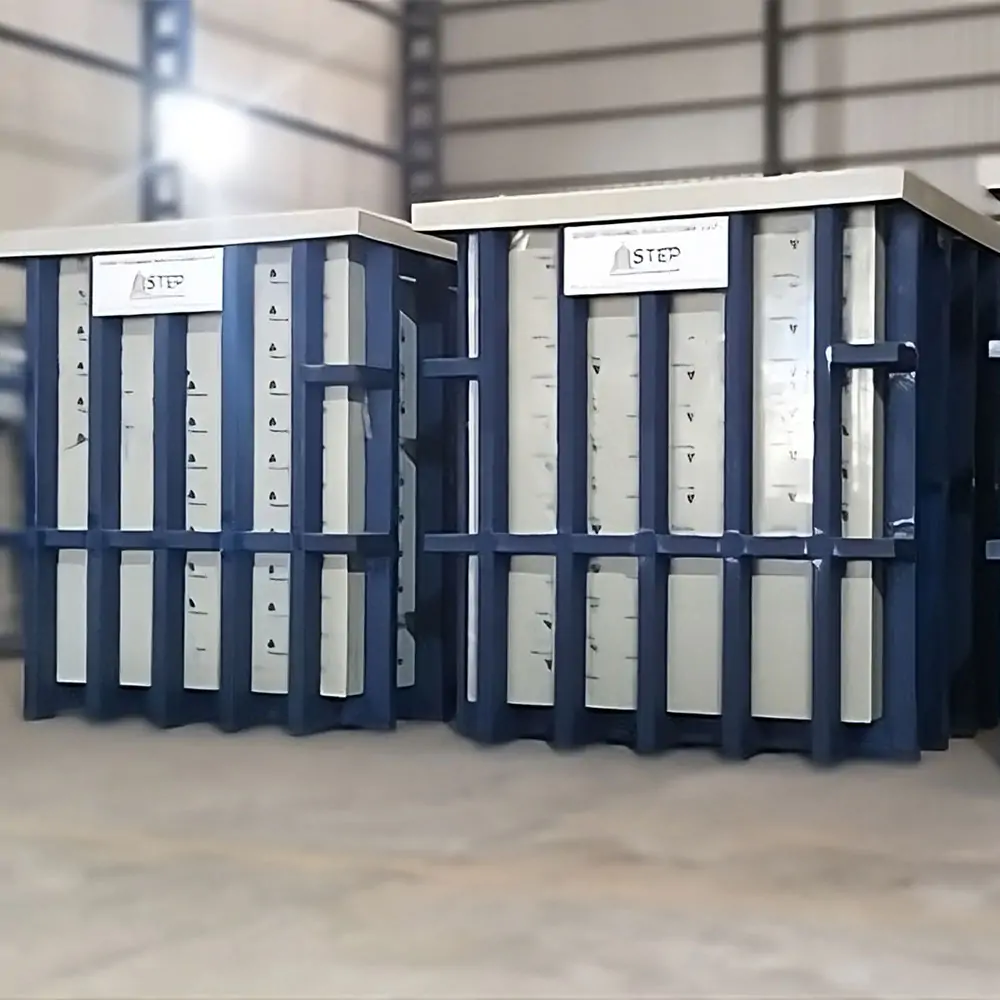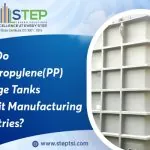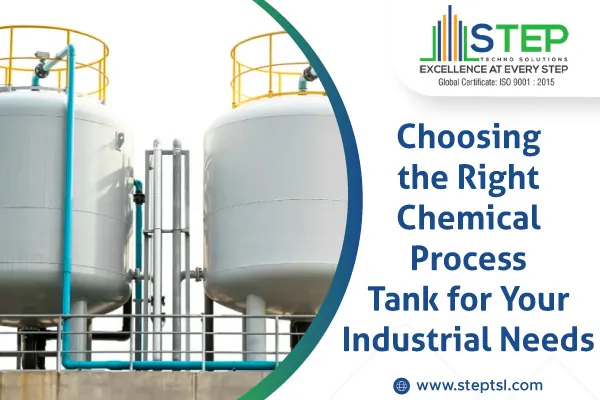Choosing a suitable chemical process tank for industrial uses is critical to assure safe and effective tasks. These tanks are used to store, mix, or process various chemicals and must be selected based on compatibility, durability, and operational requirements. The incorrect decision might result in equipment damage, chemical leaks, and expensive downtime. Important factors to consider include the type of chemical, tank material, size, temperature and pressure tolerance, and maintenance needs. Common materials used are stainless steel, FRP, and polyethylene, each offering unique advantages. A well-selected tank ensures regulatory compliance, reduces risks, and increases the lifespan of your system. By evaluating your industrial process carefully, you can find a tank that delivers consistent performance and long-term value. Always choose a trusted manufacturer to get custom solutions that meet your exact specifications. Investing in the right chemical process tank is a smart decision that safeguards both productivity and safety.
Types of Chemical Process Tanks
Chemical process tanks come in a variety of materials and designs, each suited to different environments and applications. Choosing the right type starts with understanding your industrial needs and how each material performs.
Stainless Steel Tanks
- Best for: High-temperature or high-pressure applications, food-grade chemicals, corrosive solutions.
- Pros: Strong, durable, heat-resistant, easy to clean.
- Cons: More expensive, heavier, may corrode with certain acids if not lined.
Polyethylene (PE) Tanks
- Best for: Storing a wide range of non-corrosive and some corrosive chemicals.
- Pros: Lightweight, affordable, corrosion-resistant, easy to install.
- Cons: Not suitable for high-temperature applications, may degrade under UV exposure if not UV-stabilized.
Fiberglass Reinforced Plastic (FRP) Tanks
- Best for: Storing strong acids, alkalis, and solvents.
- Pros: High corrosion resistance, custom shapes and sizes available, good thermal insulation.
- Cons: Can be brittle if impacted, higher upfront costs than PE.
Considerations for Selecting a Chemical Process Tank
Selecting the best chemical process tank for industrial use involves evaluating several critical factors that ensure compatibility, safety, and long-term performance.
Chemical Compatibility
One of the most important factors is matching the tank material to the chemical it will hold. Certain acids, solvents, or oxidizers may react negatively with certain materials. For example:
- Hydrochloric acid is best stored in FRP or PE tanks.
- Nitric acid requires tanks with special linings or high-grade stainless steel.
- Solvents may need specialized coatings or composite materials.
Always consult a chemical compatibility chart or an expert before finalizing your tank material.
Tank Size and Capacity
Choosing the right size ensures your tank can handle your daily, weekly, or monthly operational demands without overloading or excessive idle time. Oversized tanks may waste space and cost more, while undersized tanks can lead to overflow or frequent refilling.
Consider:
- Daily throughput
- Storage buffer requirements
- Available floor space
- Integration with other equipment
Temperature and Pressure Requirements
Some processes require tanks that can handle elevated temperatures or internal pressure. Stainless steel tanks are well-suited for such applications. FRP tanks may also handle moderate heat but need insulation or cooling systems.
If your chemical reactions generate heat or involve pressurized environments, make sure the tank is rated accordingly with built-in reinforcement or pressure-relief systems.
Maintenance and Cleaning
The ease of cleaning and maintaining the tank is another crucial factor. For industries like pharmaceuticals, food processing, or high-purity chemical production, cleanliness is non-negotiable.
- Stainless steel: CIP (Clean-In-Place) technologies make cleanup simple.
- Polyethylene: Requires manual cleaning but has a non-stick surface.
- FRP: Easy to clean if properly coated inside.
Look for tanks with wide access ports, removable covers, or internal fittings that can be easily dismantled for inspection.
Customization Options
Standard tanks may not always meet specific industrial requirements. That’s why many facilities opt for customized tanks with features tailored to their processes.
Common Custom Features Include:
- Mixers and Agitators: For applications that require constant motion or blending of materials.
- Heating/Cooling Jackets: To maintain chemical temperature during reactions or storage.
- Sight Glasses or Level Indicators: For monitoring liquid levels without opening the tank.
- Drain Valves and Bottom Outlets: For complete drainage and cleaning.
Customizations can be made to suit space constraints, operational flow, safety needs, or specialized chemical handling protocols.
Environmental and Safety Considerations
Chemical storage and processing come with environmental responsibilities and strict safety standards. Your tank should help you stay compliant while protecting your workers and the environment.
Inlet and Outlet Options
Proper inlet and outlet configurations ensure efficient chemical transfer and reduce the risk of spillage or vapor leaks. Features like sealed fittings, threaded couplings, and flexible hoses add an extra layer of control.
Spill Containment Features
Secondary containment options like double-walled tanks or bunded areas help prevent chemical leaks from reaching the environment. This is especially important for hazardous or corrosive substances.
Compliance with Regulations
Tanks should meet the necessary standards set by environmental and safety agencies. In India, chemical tanks should comply with:
- BIS (Bureau of Indian Standards)
- Pollution Control Board guidelines
- Factory safety norms
Choosing a manufacturer that understands and adheres to these standards is essential for legal and safe operations.
Who is the Leading Manufacturer of Chemical Process Tanks?
STEP® Techno Solutions LLP is the leading chemical process tank manufacturer in India, known for delivering high-quality, custom-engineered tanks that meet the diverse needs of industries like chemical processing, pharmaceuticals, food and beverage, water treatment, and more. With years of experience and deep technical knowledge, STEP® Techno Solutions LLP designs and manufactures tanks using durable materials such as polypropylene (PP), FRP (Fiber-Reinforced Plastic), and stainless steel. These tanks are specially built to handle harsh chemicals, high temperatures, and demanding operational environments while maintaining long-term performance and safety.
Whether your requirement involves storage, mixing, or chemical reactions, our tanks are designed to offer excellent chemical resistance, low maintenance, and reliable durability. Industries trust STEP® Techno Solutions LLP not only for their product quality but also for their on-time delivery, professional installation support, and customized design solutions. If you’re looking for a dependable partner for your industrial tank needs, STEP® Techno Solutions LLP stands out as the preferred choice across India’s manufacturing and processing sectors.
Conclusion
Choosing the right chemical process tank for industrial use is an important decision that affects safety, productivity, and compliance. From understanding the different tank materials like stainless steel, PE, or FRP to evaluating chemical compatibility, size, temperature resistance, and customization options, every detail matters. Equally important are environmental and safety concerns. A properly designed tank with the right features not only improves operational efficiency but also minimizes risks and long-term costs.
If you’re unsure which chemical process tank suits your application best, consult with experts who can assess your specific needs and offer tailored solutions. For high-quality, custom-built tanks you can rely on, contact STEP® Techno Solutions LLP at +91 98988 75757 or email info@steptsl.com.
FAQ
What is a chemical process tank?
A chemical process tank is a container designed to store, mix, or process chemicals safely in industrial settings, ensuring compatibility with the stored substances and operating conditions like temperature or pressure.
Why is selecting the right tank important?
Choosing the right tank helps prevent chemical reactions, leaks, and system failures. It ensures safety, improves process efficiency, and extends the tank’s service life in demanding industrial environments.
What materials are used in chemical process tanks?
Stainless steel, polyethylene (PE), and fiberglass-reinforced plastic (FRP) are all commonly used materials. Each has different properties suited for specific chemicals and process conditions.
How do I choose the right tank material?
Match the tank material with the chemical’s properties. Use chemical compatibility charts or consult experts to ensure the tank resists corrosion and maintains structural integrity.
How big a tank do I need for my operation?
Tank size depends on your process flow, chemical volume, and space availability. Proper sizing avoids overflow, improves efficiency, and supports safe chemical handling.
Can chemical tanks handle high temperatures?
Yes, but it depends on the material. Stainless steel is ideal for high-temperature use, while PE and FRP have temperature limitations and may require insulation or jackets.
Are chemical process tanks customizable?
Yes, tanks can be customized with features like mixers, level indicators, heating/cooling jackets, and special nozzles to suit your specific industrial process needs.
What safety features should I look for?
Look for tanks with sealed fittings, secondary containment, pressure relief valves, and ventilation options to ensure safe handling and environmental compliance.
How do I maintain a chemical process tank?
Regular inspections, cleaning, and checking for wear or leaks help maintain tank performance. Choose tanks with easy-access ports for simplified maintenance.
Who is a trusted chemical process tank manufacturer in India?
STEP® Techno Solutions LLP is a leading chemical process tank manufacturer in India, offering durable, high-quality tanks tailored for safe and efficient industrial operations.

